It may be strange, but face care in winter is easier than during the summer heat. Low temperature is healthier for the skin than high temperatures. It stimulates circulation, refreshes, revitalizes and rejuvenates. There is a reason why it is recommended to end the shower with a cold stream of water and set a low temperature in the bedroom.
The pioneer of cryotherapy, Princess Alexandra Zajaczek, who lived at the turn of the 17th and 18th century, knew it very well. She was called the Snow Queen, because she made sure to stay in the shade and cool temperatures all year round, she took cold baths and rubbed herself with ice, and buckets of ice were placed in her bedroom. As a result, she stayed young for many years, and her case is still quoted today when talking about the beneficial effects of low temperatures on health and beauty.
Facial care in winter – how does the skin react to the cold?
Cold works well to stimulate and wake up, even before the morning coffee. However, it is important to remember moderation and adequate protection. Because cold and dry air can do more damage than we think. The best winters for the skin are in Spain and Italy. There, where there are no prolonged and very low temperatures, and the sun, although lower and less shines – warms and positively incites.
Extreme climatic conditions that can sometimes occur in northern Europe negatively affect the condition of the skin. As a result of the slower activity of the sebaceous glands, the protective lipid coat of the skin becomes thinner and the epidermis dries. The skin is reddened and irritated. Cold and at the same time dry air, almost completely devoid of moisture, dries the skin even more, resulting in a reduction in its elasticity.
Facial care in winter is not easy at all
During frosty weather the skin loses twice as much water as in summer. Although in recent years we observe the phenomenon of warming climate, but still the weather from November, often even to late spring, can be very hard on our skin. Not only the frost can hurt it, but also strong winds and high humidity, which we feel after returning home in the form of red, burning cheeks.
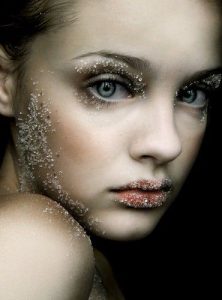
What happens to the skin in winter?
– The sebaceous glands work more slowly and the skin’s protective lipid coat becomes dry
– The skin loses 2 times more water than in summer- remember to keep drinking water and avoid excess of very hot drinks
– the skin loses twice as much water as in summer – flushing occurs, which is caused by the dilatation of blood vessels under the influence of warm/cold air
Uninvited blushing
Blushing is a recurring problem, and for some it’s one that never goes away. And not because of a mistake made, but because of the weather, skin condition, or stressful situations. Blood vessels are exposed to prolonged gymnastics. This means that in winter almost all of us have red cheeks and constantly tense skin. This happens especially when we move from cold air to a warm and air-conditioned room or when we stay in the cold for a longer period of time. If you have very reactive skin and constantly reddened cheeks, you could basically stop using blush. The less, the better.
Cosmetics must have for winter – protective cream
When choosing your skin care, remember that in winter you can use more dense protective creams, which also take care of its hydration.
BUY GLA SERUM BUY LIPOCOLL SERUM
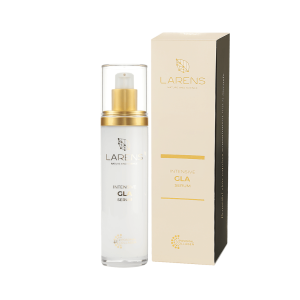
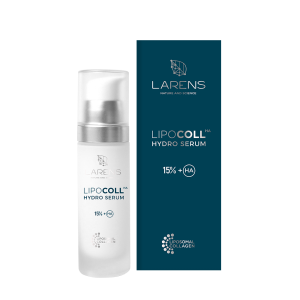
Remember, in winter, don’t wash your face right before you leave the house. It takes up to half an hour after washing to regenerate the skin’s protective mantle and you should not expose your skin to the cold. For cleansing, choose gentle cosmetics that will simultaneously care for your skin’s microbiome and thus support its natural protective shield.
A few suggestions from the Larens product line, which will take care of the creation of a protective layer (occlusion), even during mountain or skiing trips:
1-2 times a week try to reach for a regenerating and moisturizing mask
Take care of your lips. Lacking sebaceous glands, with thin and delicate skin, they are very susceptible to drying, cracking and chapping. If you like to experiment with color and use lipstick, you must not let your lips dry out. There is nothing worse than beautifully red lips that are cracked and dried out up close.
However, cream is not everything. If you want to comprehensively strengthen your richly vascularized skin pay attention to vitamins and food ingredients that strengthen the walls of blood vessels. Enrich your diet especially with vitamin C and K.
Remember about your hands too. It is mandatory to apply a nourishing and protective cream after every hand washing. For feet, act at night. 2 times a week apply a thicker layer of foot cream and cotton socks on it. Let this be your winter nourishing treatment.
A shortlist for you
- Keep the moisture you have. The natural oils your skin produces also help protect it and keep it healthy. It’s a good idea to avoid long baths and showers and you shouldn’t wash your body too frequently either. When you do use warm not hot water. After bathing or showering pat dry and moisturize your damp skin.
- Add moisture to your home. To counter the drying effects of indoor heat we suggest running a humidifier. You can use a portable or tabletop model or one that integrates with your existing heating system. Moisture in the air will be absorbed by your skin.
- Add moisture from the inside out. Increasing your water intake will help hydrate your skin.
- Don’t forget sunscreen. Just because it’s cold outside doesn’t mean the sun isn’t affecting your skin . The sun reflecting off snow means UV rays are hitting you from additional angles.
- Moisturize your skin thoroughly. Switch to an oil-based moisturizer in the winter; your skin will appreciate it. Consider overnight deep moisturizer treatments which can help particularly dry areas like hands feet elbows knees and lips. Cover with cotton gloves and socks to hold the moisture in all night long.
- Switch your cleanser. It’s a good idea to trade in your current body wash for a more moisturizing hydrating cleanser in winter particularly if your usual choice contains drying ingredients like glycolic or salicylic acid. Tone and moisturize within 30 seconds of finishing cleansing to avoid further dehydration.
- Take extra care. Winter skin is more fragile so if you have a skin condition like eczema or psoriasis be sure to avoid any irritants or allergens that you know flare your condition.
With a little extra TLC you can have soft smooth radiant skin all winter long.

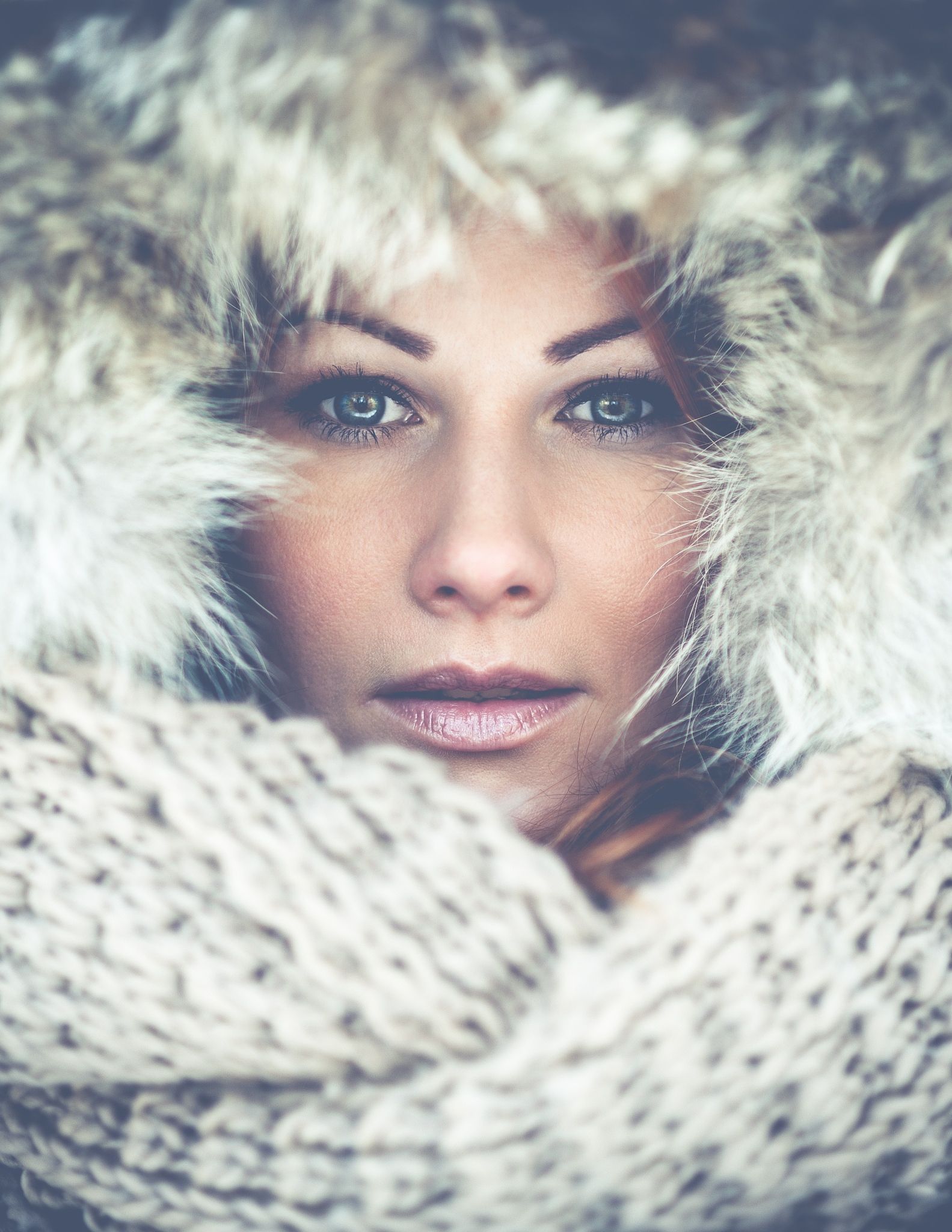
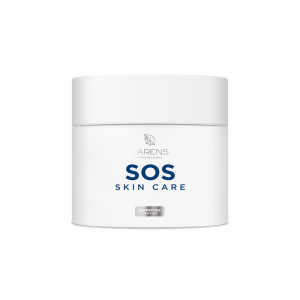

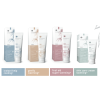
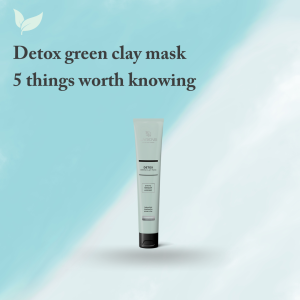

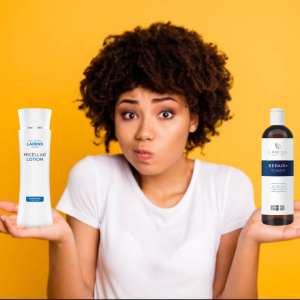
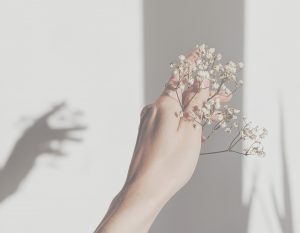
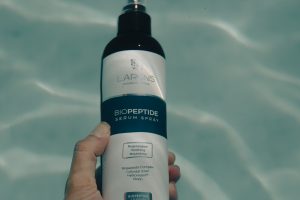
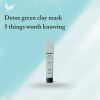



Leave a reply